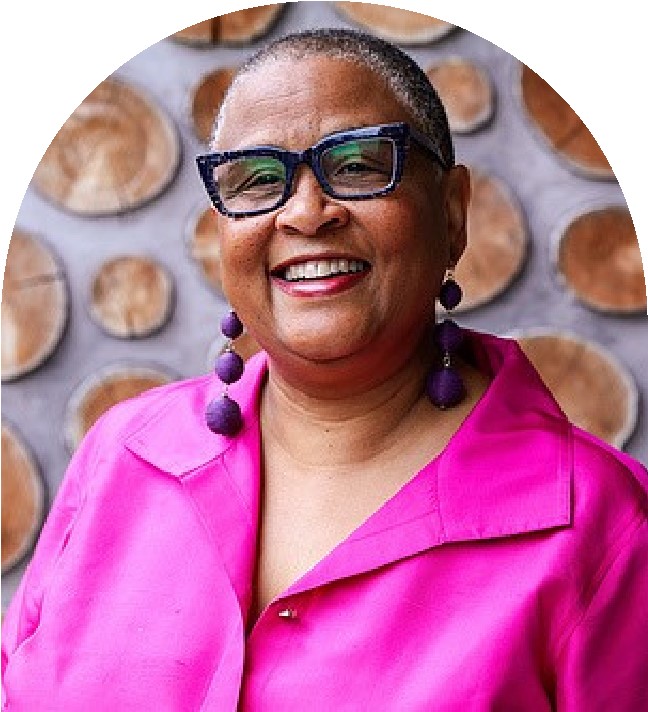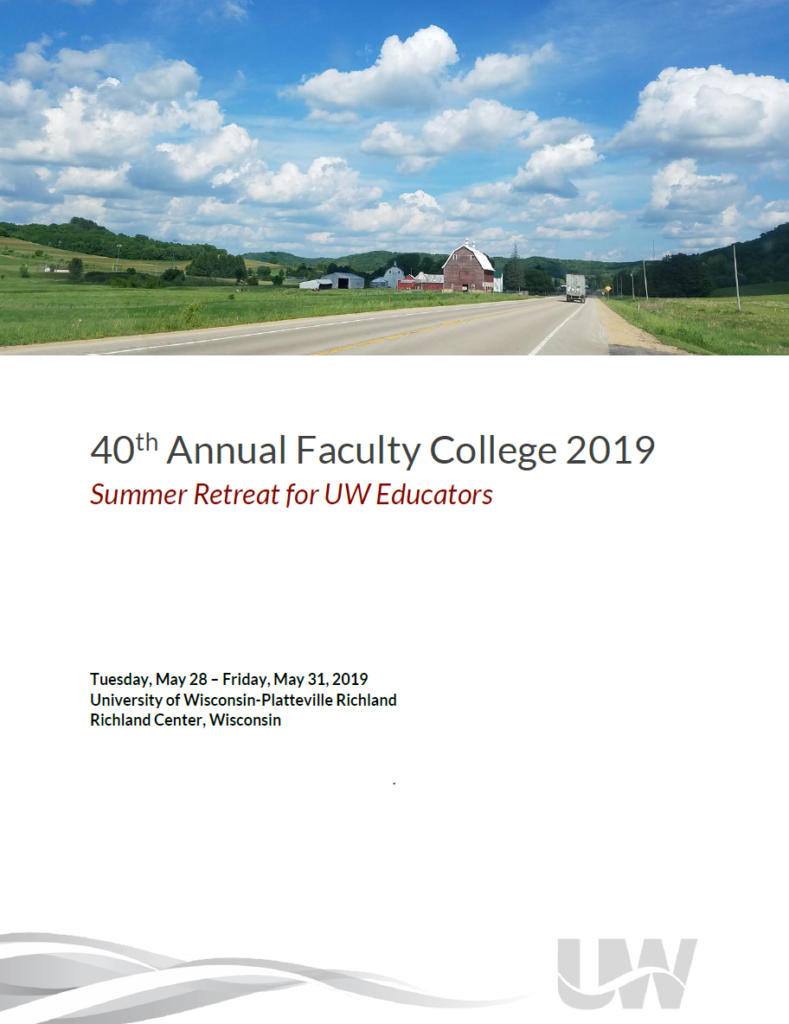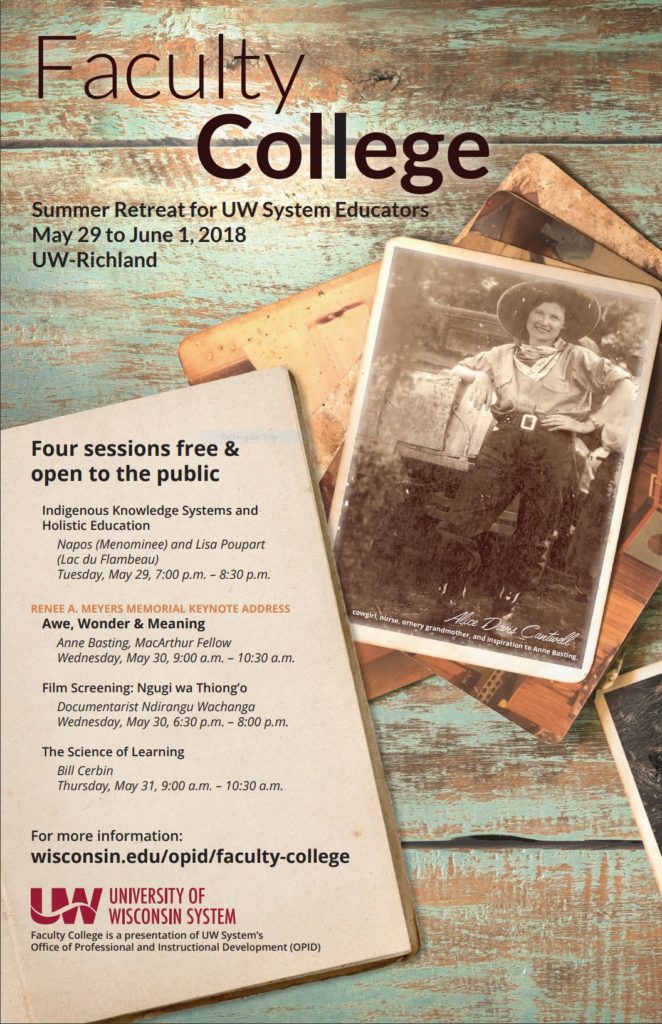Keynote Address
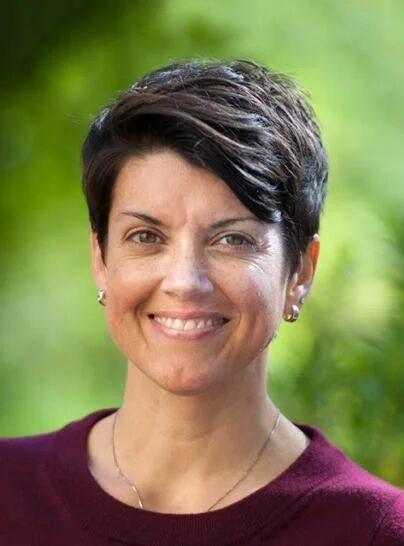 Dr. Ashley Finley, Research Director and Advisor to the President, American Association of Colleges & Universities (AAC&U)
Dr. Ashley Finley, Research Director and Advisor to the President, American Association of Colleges & Universities (AAC&U)
Rethinking/Redesigning Student Assignments
Keynote Address
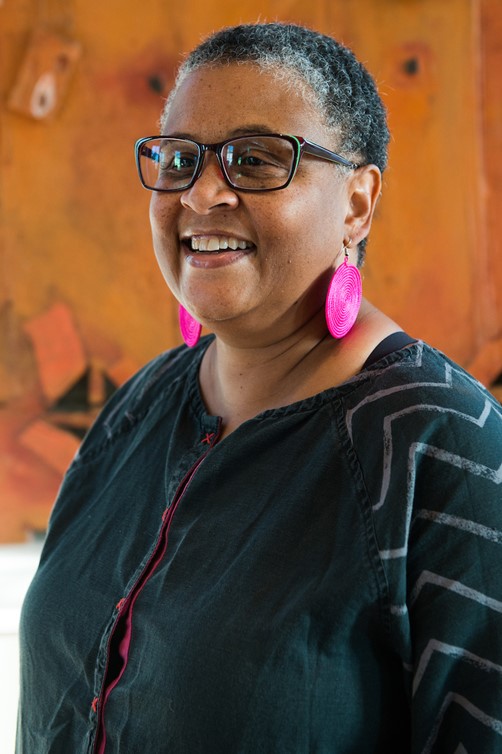 Lisa Brock ,Founding Academic Director, Arcus Center for Social Justice Leadership at Kalamazoo College in Michigan
Lisa Brock ,Founding Academic Director, Arcus Center for Social Justice Leadership at Kalamazoo College in Michigan
Social Justice Teaching & Learning Across Disciplines
Keynote Address
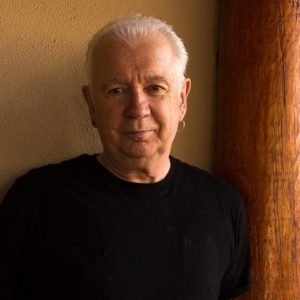 Stephen Brookfield , Ph.D., UW-Milwaukee
Stephen Brookfield , Ph.D., UW-Milwaukee
Antioch University Distinguished Scholar
WHAT DOES IT MEAN TO TEACH FOR EQUITY?
College classrooms across the disciplines are analogs of democracy, the environments in which students become adult. In the process of questioning assumptions and exploring multiple perspectives, students learn what it means to stop universalizing their own experiences. A recognition that no-one holds the complete answer and that we depend on others to provide a complete understanding lies at the basis of equity work. Unless all have an equal chance to contribute, and the majority are aware of the dangers of uncritically absorbing dominant norms and ‘common sense’ ideas, we risk freezing and perpetuating elite knowledge. Ignoring historically marginalized groups keeps us trapped in a self-confirming blindness to uncomfortable realities.
We will examine how teachers can model equity work by examining their own assumptions and practices in a critically reflective manner, particularly around racial equity. This requires teachers judging when their authority and power is being exercised abusively or in an empowering way, and considering what one’s own racial identity as a teacher means for our classroom process. Again we will incorporate social media anonymous backchannels as a way of demonstrating equity minded pedagogy and will give participants the opportunity to practice the circular response protocol.
Renee A. Meyers Memorial Address
Reflections on the UW System, the Scholarship of Teaching and Learning, and Responsible Peers
Nancy Chick, Ph.D.
Keynote Address
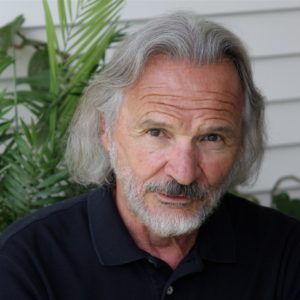 Bill Cerbin, Ph.D., UW-La Crosse
Bill Cerbin, Ph.D., UW-La Crosse
A SCIENCE OF LEARNING FOR TEACHING
The learning sciences have produced thousands of studies about how and why people learn or don’t learn what they are taught. Much of this research could be valuable for educators, but who has time to read and think about research outside one’s own field of expertise. Consequently, little of what we know about learning gets translated into practice. This is unfortunate; without deep understanding of how learning works, how can teachers make informed decisions about how best to support student learning?
In the spirit of trying to bridge the gap between arcane research on learning and the needs of classroom teachers, this talk highlights research findings that have significant implications for teaching. Some of the research confirms common sense ideas about learning, some of it is counterintuitive, and some of it challenges commonly held beliefs about how students learn. Attend this talk and all will be revealed . . .
Keynote Address
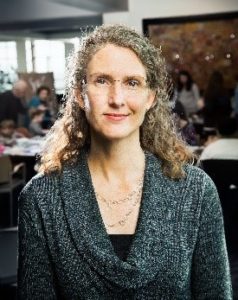 Anne Basting, Ph.D., UW-Milwaukee
Anne Basting, Ph.D., UW-Milwaukee
2016 McArthur Fellow
AWE, Wonder, & MEaning
What makes you experience awe and wonder? How can you invite others into your experience?
The horizon of Lake Michigan. A symphony. Deeply connecting with another human soul. Awe is an experience of vastness that causes us to reframe our thinking. Here I explore how awe might lead us to meaningful lives through curiosity and connection to community. Sharing stories and examples of my 25 years of work in infusing creativity into the lives of elders and elder care systems, I invite you to consider how awe might awaken curiosity and belonging in your life – in and outside of your classroom and research practice.

